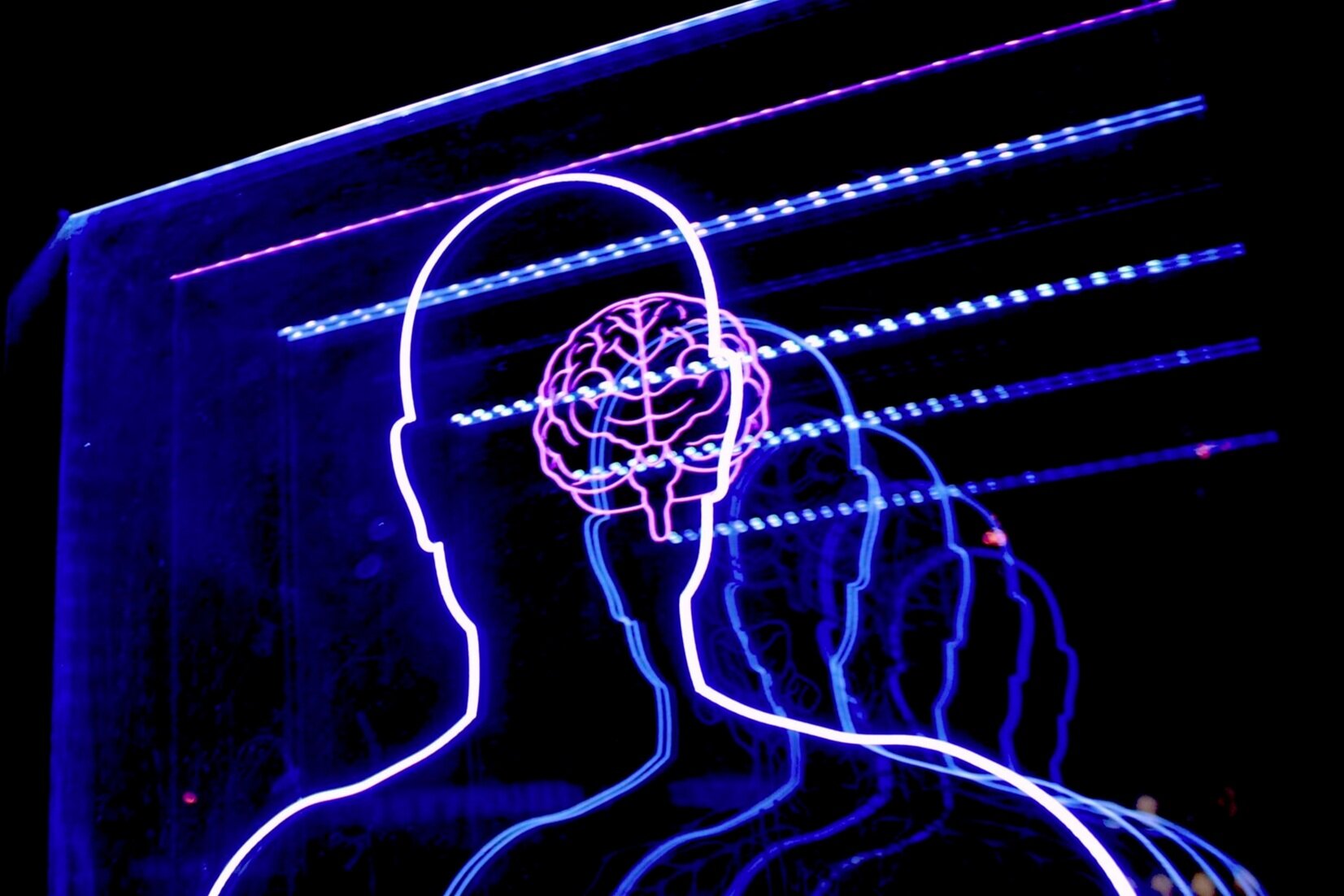Broad Street Insights
Broad Street Insights is a helpful blog on modern concierge home care, carefully curated by our expert team.

SELECT A CATEGORY OR SEARCH BELOW- Aging Well
- Alzheimers and Dementia
- Cancer Care
- Care Management
- Chronic Conditions
- Concierge Home Care
- COVID-19
- Diabetes Care
- Diet and Exercise
- Healthy Lifestyle
- Home Care Insights
- Home Care Services
- Hospice Care
- Legal & Financial
- Medicare
- Medication Management
- Meet the Team
- Mobility and Fall Prevention
- Parkinsons Disease
- Patient Advocacy
- Personal Assistants
- Private Skilled Nursing
- Staying Active
- Stroke Recovery at Home
- Travel Companions

What Types of Exercise Reduce Dementia Risk?
Several large studies have confirmed that vigorous exercise, walking and even doing household chores can greatly benefit the brain. Vigorous exercise seems to be best, but even non-traditional exercise, such as doing household chores, can offer a significant benefit. And, surprisingly, it’s just as effective at reducing the risk in those with a family history of dementia.

Dementia vs. Alzheimer’s Disease – Is there a difference? And why does it matter?
Dementia is an umbrella term for a variety of different cognitive conditions, of which Alzheimer’s is the most common. But even then, Alzheimer’s disease and other Dementias can impact people differently depending on someone’s personality, their history, their relationships, as well as the stage of progression.
Why is this so important?

Private Nursing? Direct Home Care? Or Both?
Many families are making decisions about their loved ones and learning as they go. This article aims to help you understand the different levels of support available and what options you have to assure that your loved one is kept safe and is well looked after.

Dementias – So Much More Than Alzheimer’s
It seems everyone knows someone who has some type of Dementia. Families across America are impacted by some form of dementia and it’s estimated that over 6 million adults living in the United States suffer from Dementia or Dementia-like symptoms.

All Dementias are not Alike (Presentation)
For those who were able to attend, we hope you found our “All Dementias are not Alike” presentation valuable. This program is part of our ongoing education series, providing clinical perspective and insights related to supporting conditions impacting individuals and their families.

All Dementias are not Alike: Dementia in Cognitive and Movement Disorders Educational Event
The presentation will address the spectrum from normal cognition through mild cognitive impairment and dementia, why it’s important to diagnose the condition causing cognitive impairment, how to encourage someone to seek diagnosis, and what is involved in dementia evaluation.

Healthy Eating and Alzheimer’s Disease
Eating healthy foods helps everyone stay well. It’s even more important for people with Alzheimer’s disease. Here are some tips for healthy eating.

Legal and Financial Planning for Alzheimer’s Disease
When possible, advance planning should take place soon after a diagnosis of early-stage Alzheimer’s disease while the person can participate in discussions. People with early-stage disease are often capable of understanding many aspects and consequences of legal decision making.

Things to Know About Alzheimer’s Disease
Is there any thought more frightening than the idea of losing one’s mind? The subject of Alzheimer’s Disease has gotten a lot of attention on the internet recently; partially because of current research into its causes and partially because it proves to be a real concern as the population ages.

Sundowning Syndrome – Tips to Manage
Many people with Alzheimer’s disease experience sundowning—restlessness, agitation, irritability, or confusion that can begin or worsen as daylight begins to fade. The symptoms typically include agitation, restlessness, irritability, confusion, disorientation and suspicious attitude. There are a few things you can do as a caregiver to ease the situation for both you and the individual affected by Alzheimer’s.
